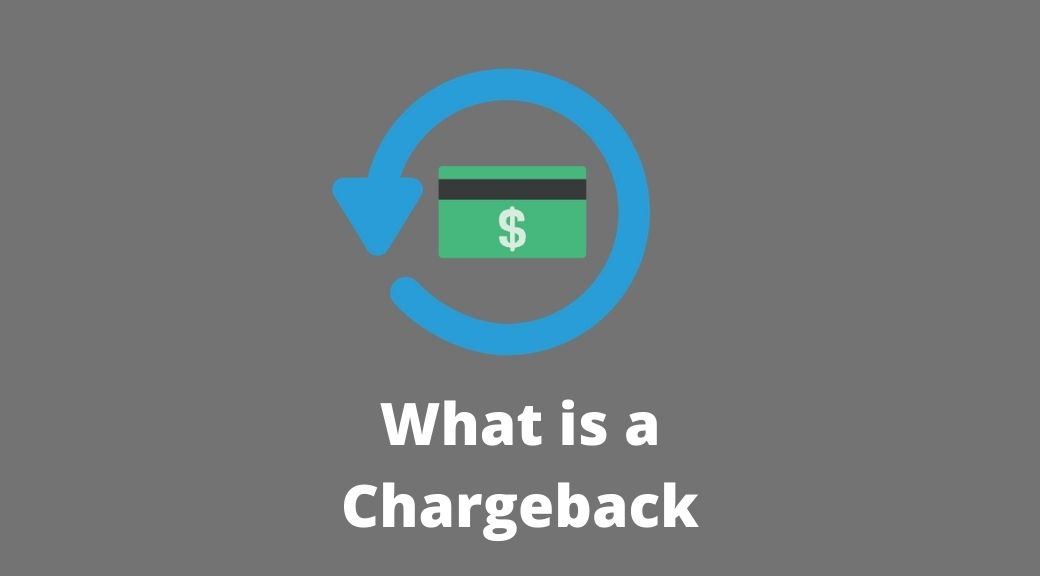Every trader wants their business to grow. One of the ways to ensure this is by selling quality products to customers. Failure to this, you may be closer to a chargeback than you can imagine.
Sometimes, however, you may do your best to provide clients with nothing but the best, yet you receive a chargeback. According to research, 49% of chargebacks are from clients who do not even know they are requesting reimbursement!
Before going any further, it helps to find out the chargeback meaning.

Contents
What is a Chargeback?
A chargeback is the refund of payment that is claimed by a cardholder from their card issuing bank.
Unlike in traditional refunds, the unsatisfied client does not contact the business and try to iron things out with the owner. They instead request the bank to take the amount of money from the enterprise’s account.
Before obliging to the request, the bank investigates the matter. Should the operator be found in the wrong, they lose the amount of money that customer has paid. The client can keep the product if they wish.
Is it Legal?
A chargeback is legal. It is, in fact, a means of protecting consumer rights in the following ways:
- It keeps merchants from selling poor-quality services and products to their clients
- It shields cardholders from criminal fraud
- It is crafted to keep customers feeling secure
- It helps traders maintain transparency
When Does a Chargeback Occur?
With the chargeback’s meaning clearly explained, it is essential to know the situations in which refunds can happen.
First of all, if a client accidentally placed an order, they can file for a reimbursement. As before, the bank will look into the issue to determine its legitimacy. It will grant the client their request if it turns out to be true.
Next, if the subscription was canceled, but the recurrent billing was not disabled, a customer can no longer pay for it!
If the product was damaged upon delivery or low quality, the client would have a valid reason to ask for a chargeback.
In case a thief gains access to a cardholder’s details and makes a purchase using the information, the card owner has the right to ask for their money back.
Finally, if the user ordered a specific product and received a different item, their card issuing bank sees to it that they get their funds back.
It is important to note that all through the refund process, operators have no say of the issue. In most cases, they may not even realize that a certain amount of money has been withdrawn from their account. They will learn of it only after the transaction is complete.
Is Chargeback Similar to Friendly Fraud?
Aside from familiarizing yourself with the chargeback’s meaning, it is also crucial to learn about friendly fraud.
A chargeback is similar to friendly fraud to an extent. The only difference is ‘friendly fraud’ happens when clients steal from traders. The customers claim that perfectly legal purchases are fraudulent.
There are many reasons a client files for remuneration for the wrong reasons. The main ones are:
- The card owner does not recognize or remember the transaction
- They want to avoid the tiresome return process
- The cardholder wants to own an item without paying for it or wants some extra money
- The card owner cannot wait for the delivery schedule
- The customer takes the reimbursement route to avoid a handling or restocking charge
- The consumer exceeded the return time limit
- They are experiencing buyer’s remorse
- The customer’s relative or family member accidentally or intentionally bought an item, but the card owner is trying to avoid paying the bill
- They are aware of their consumer rights and want to use them to their advantage
If you’re a merchant, do not lose hope because it feels like the odds are stacked against you. With proper business policies and transparency, you will never feel chargeback’s effects.
